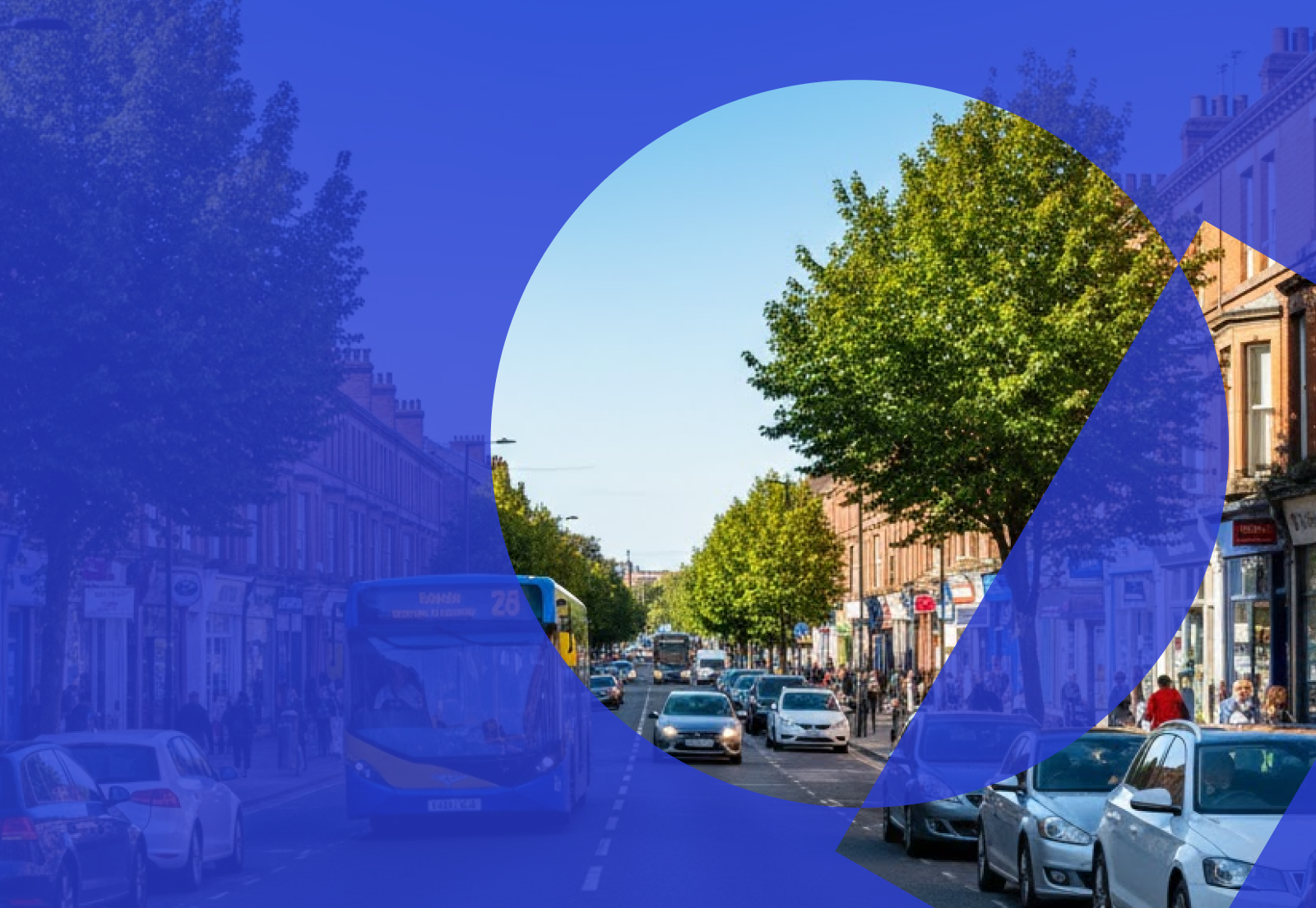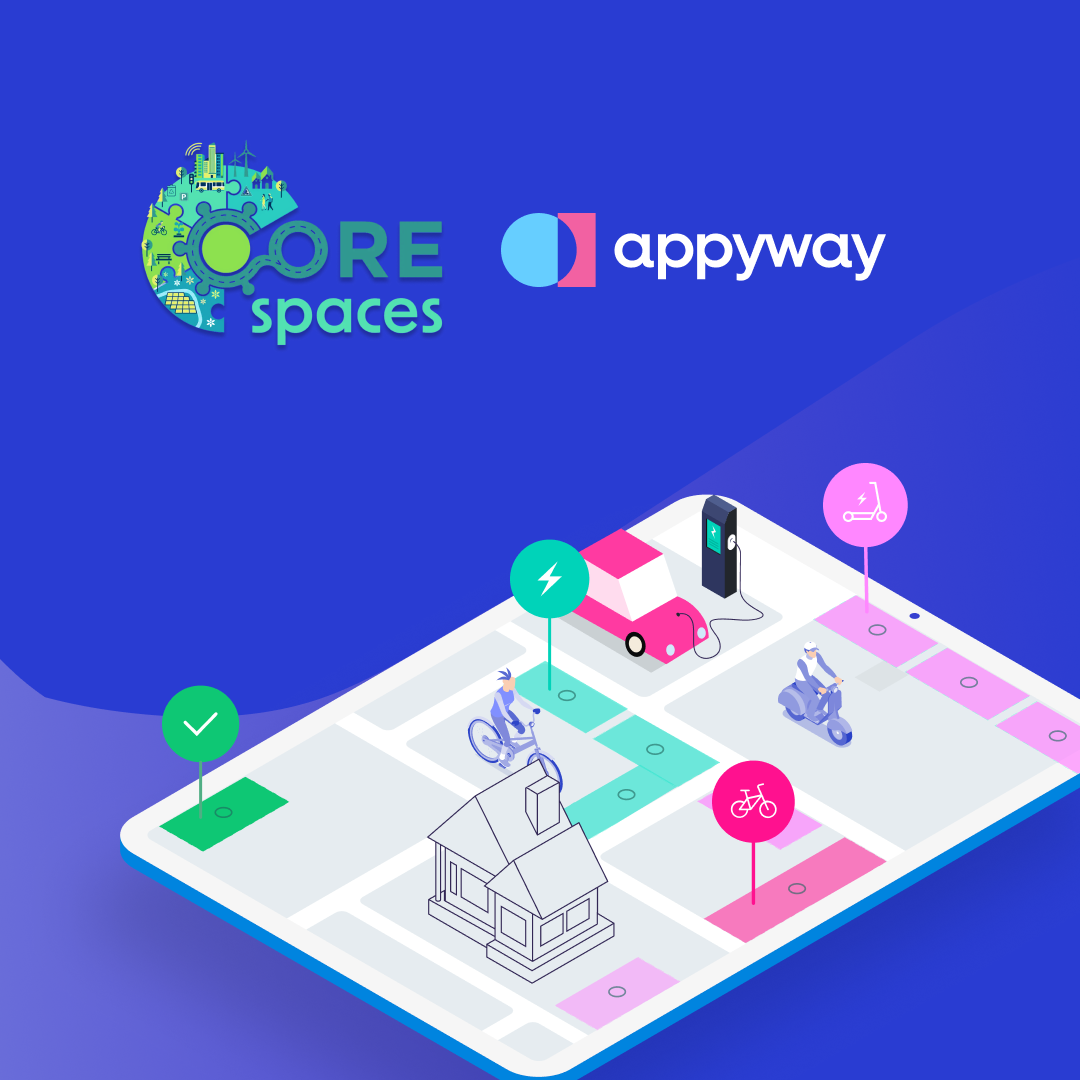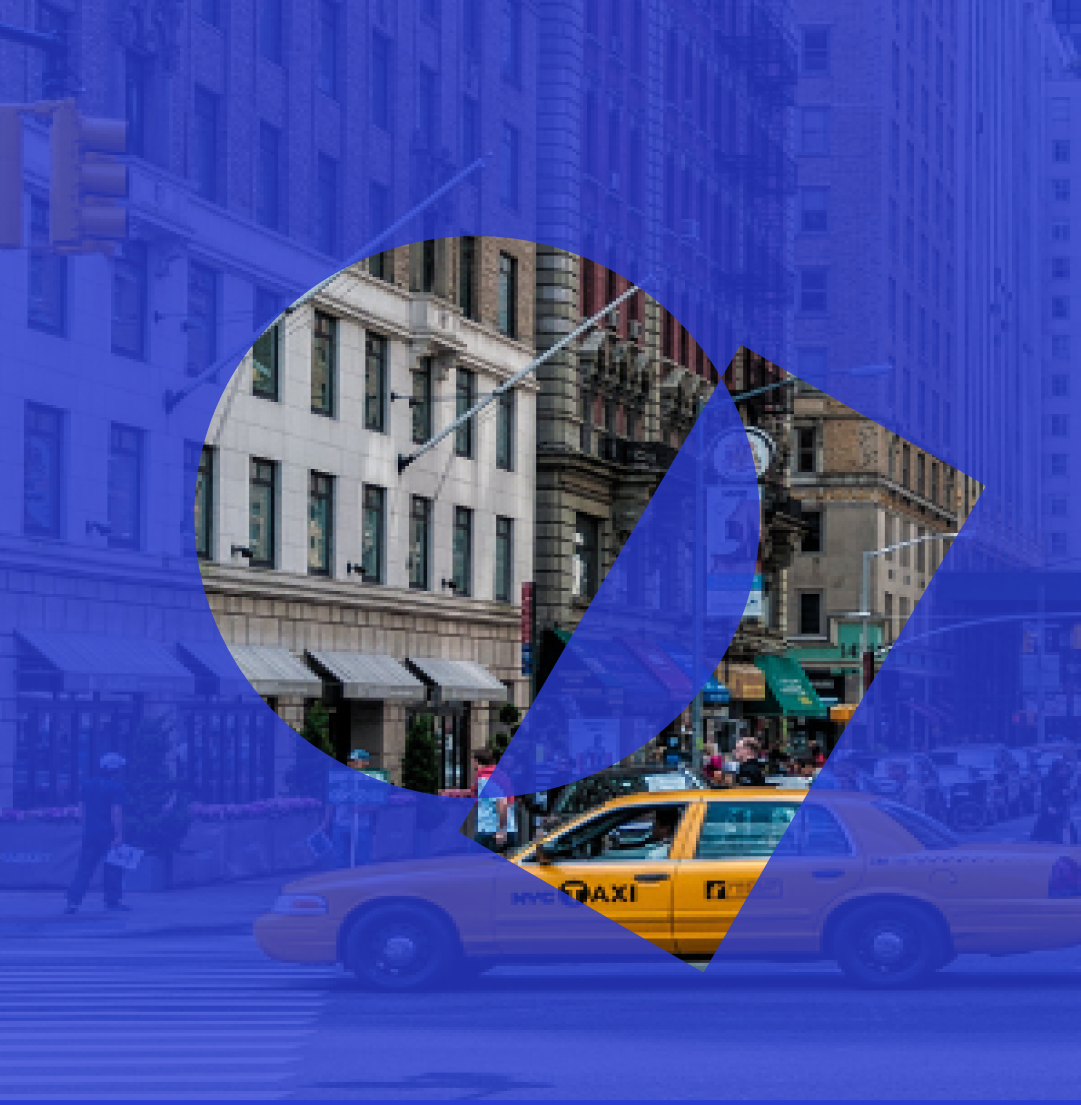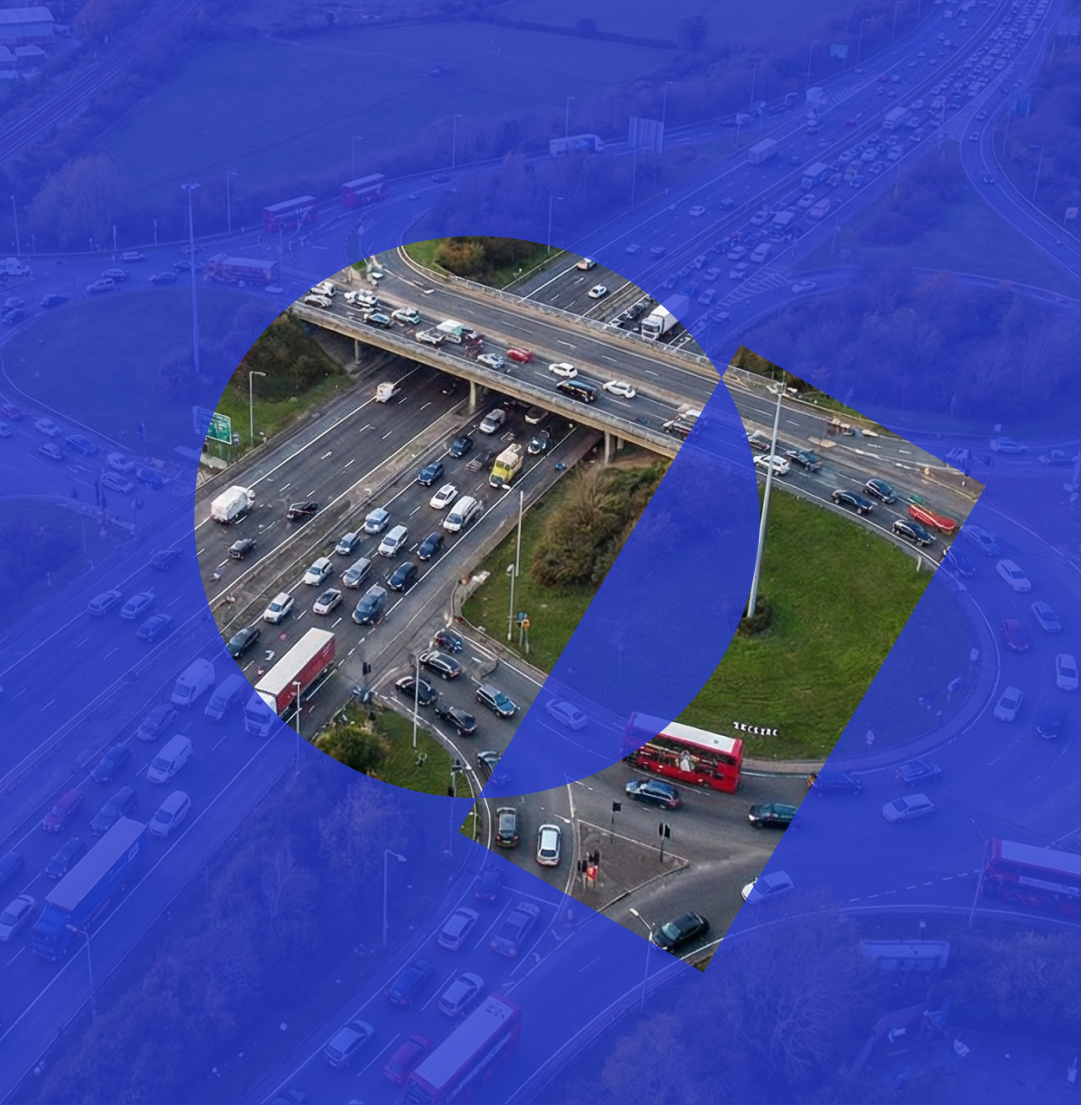AppyParking+ shows London tradespeople are losing ONE WEEK a year searching for parking in the capital
- A lack of parking information in London is costing tradespeople up to 48 hours – or one working week – per year due to issues finding parking within cities
- Fuel prices have risen 21p per litre since the start of 2022, while London van drivers are using more fuel by driving 2 miles extra per trip searching for somewhere to park
- AppyParking+ can help tradespeople avoid parking fines and find parking spaces easier
London, UK – 18th March 2022: AppyParking+ has today unveiled research which shows the potential impact that limited parking, lack of parking information and confusing signage, alongside the increase in fuel costs, can have on small businesses and tradespeople across London.
Basing the research on the fact that London has 221,000 registered van drivers[1], the AppyParking team calculated that these van owners and tradespeople are losing up to two working days per year as a result of the time spent looking for places to park when attending jobs. The average London driver spends up to 12 minutes per trip looking for on-street parking spaces[2], and as a result drives an extra 2 miles on average per trip looking for parking[3] – – an extra 211 miles annually.
AppyParking+ sought to highlight how using its parking app, as well as employing other methods of planning journeys, van drivers and tradespeople could find on and off-street parking faster and also be able to better understand parking restrictions.
London’s van drivers also receive over 838,000 PCN fines per year2, costing tradespeople £54,470,000. By better planning of journeys, AppyParking+ can help van drivers avoid this additional cost by providing an easy way to research what the parking looks like around their destination before they head off.
Dan Hubert, CEO and founder of AppyWay, parent company to AppyParking+, commented:
”As van owners continue to move from job to job, parking can sometimes be a real concern, where it is not readily available or located in busy areas. The outcome of this time spent not only empties fuel tanks, but it empties pockets as well.
Although just a small part of the bigger picture for businesses, spending 1 minute searching for parking instead of 5 minutes can make all the difference. AppyParking+ helps businesses and individuals save time and money by taking you straight to your space, where you know exactly the cost and the time it will take to reach your destination, removing the rush and panic to find a space in unfamiliar or busy areas.
Since the start of 2022, fuel prices are also on the up which is only adding to the issue. Rising by 21p per litre in the first three months of the year alone, there is also a risk that trade rates are going to increase, deferring the cost to the pocket of London’s citizens.
By providing van drivers with a way of avoiding additional costs incurred through searching for parking or parking fines, AppyParking+ can help to bring down unnecessary costs during a time where every penny counts for many.
AppyParking+ is available now via the 👉 App Store or Google Play.
How it was calculated
Using data that shows the average London driver spends 12 minutes per day searching for parking, and based on a Ford Custom Transit van – the UK’s most sold van – driving at an average speed of 10mph in London at 40MPG, this is 2 miles extra per trip, and 211 miles per year.
The average day rate for a tradesperson in London ranges from £150 to £275 per day[4], meaning that most are losing up to £1,400 whilst looking for somewhere to park by spending 48 hours searching for parking spaces each year.
For some the total could be as high as £2,000 – bringing a whopping £300million bill to the doorstep of the 221,000 London trade community.
[1] There are 221,000 van drivers in London – TFL trends affecting vans in London
[2] National data for UK drivers – INRIX
[3] London drivers spend 12 minutes per trip searching for parking. With an average speed of 10mph in London, this is 2 miles extra per trip, and 211 miles per year – INRIX






